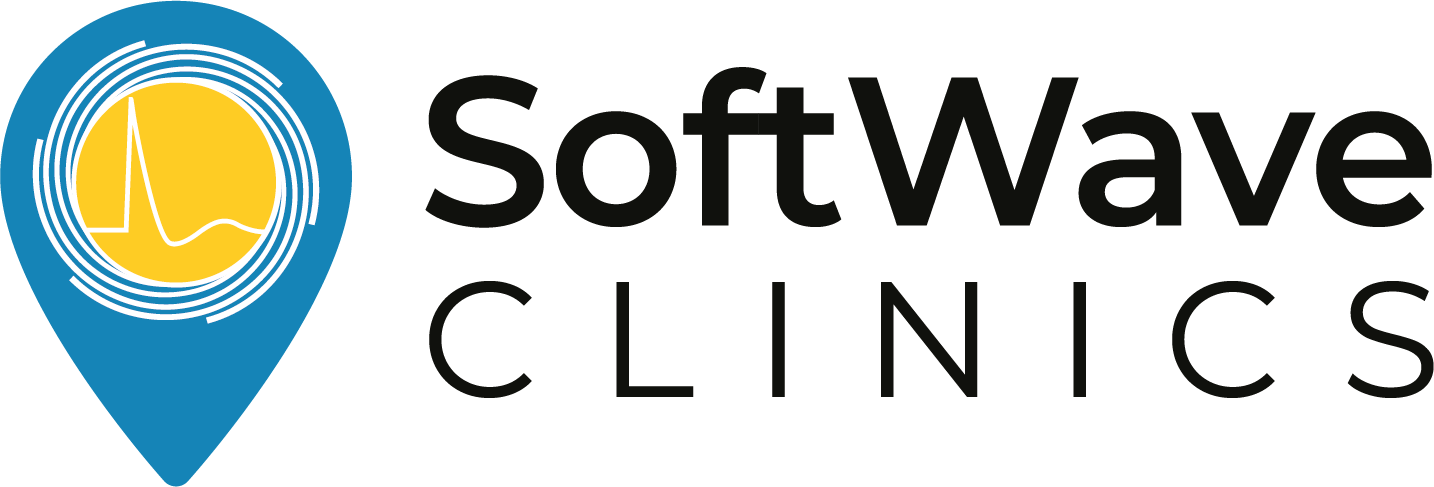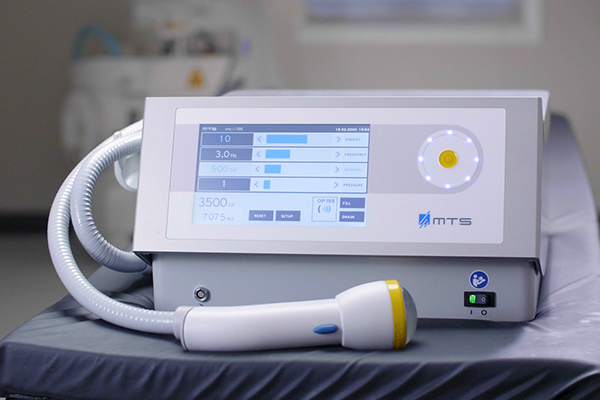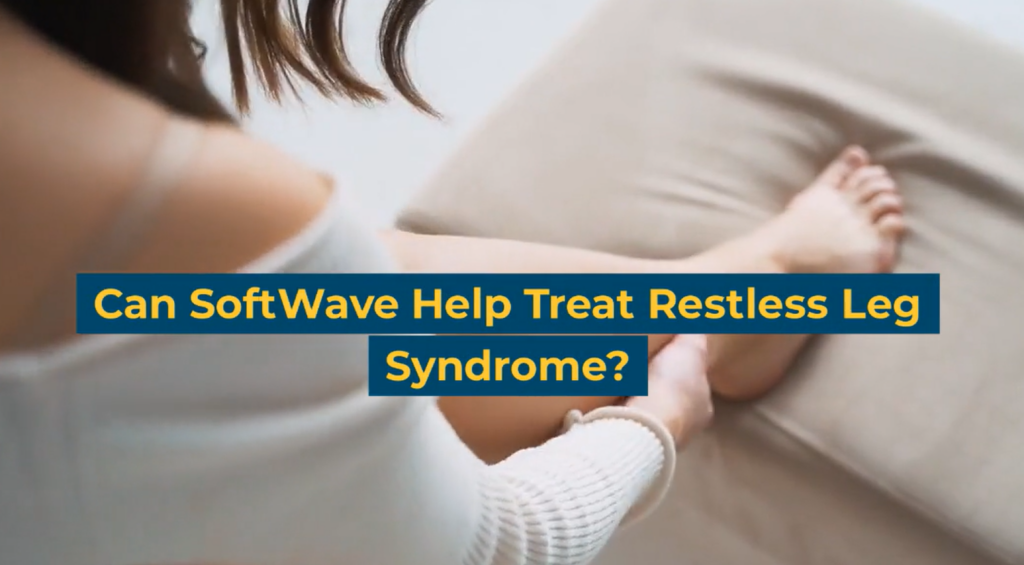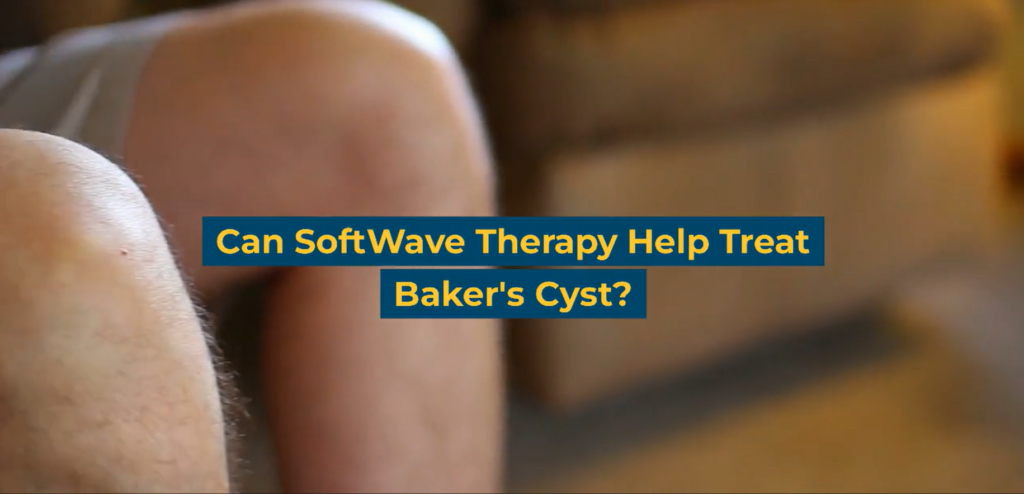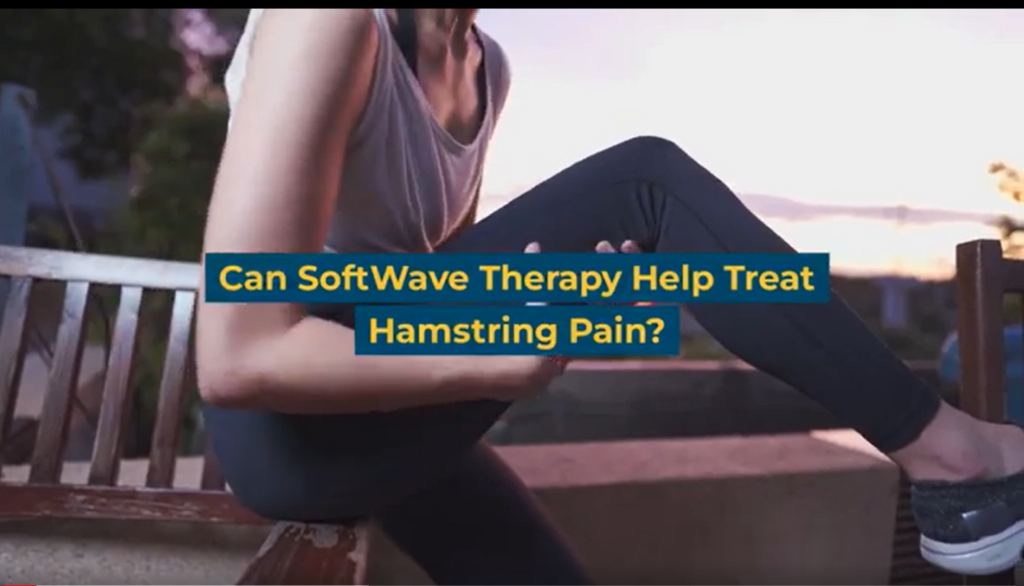Understanding NSAIDs: Types, Mechanisms, and Possible Side Effects
Non-steroidal anti-inflammatory drugs (NSAIDs) are a class of drugs commonly used to relieve pain and reduce inflammation. NSAIDs work by inhibiting the production of prostaglandins, which are hormones that play a role in inflammation, pain, and fever.
Several different types of NSAIDs are available, including aspirin, ibuprofen, naproxen, and diclofenac. These drugs can are taken orally, applied topically, or injected, depending on the specific medication and the condition being treated.
NSAIDs commonly treat condtions such as:
- Pain and inflammation associated with arthritis (including osteoarthritis and rheumatoid arthritis)
- Back pain
- Headaches
- Muscle aches
- Pain and fever associated with colds and flu
- The anti-inflammatory action of NSAIDs can also help reduce inflammation associated with other conditions, such as tendonitis, bursitis, and gout.
Although NSAIDs can be effective in relieving pain and reducing inflammation, they can also have some potential side effects. These can include stomach upset, nausea, vomiting, diarrhea, constipation, and stomach ulcers. Long-term use of NSAIDs can also increase the risk of heart attack, stroke, and kidney damage.
How Does SoftWave Therapy Work?
SoftWave therapy uses low-intensity, unfocused shockwaves that are delivered to the affected area of the body through a handheld device. These shockwaves stimulate the body’s natural healing process and promote tissue regeneration. Unlike high-energy soundwaves used in some other types of therapy, SoftWave therapy uses gentle, unfocused shockwaves that do not cause tissue damage.
The mechanism behind SoftWave therapy involves a process called neovascularization or angiogenesis, which refers to the formation of new blood vessels. When low-intensity shockwaves are applied to the affected area, they stimulate the production of growth factors, such as vascular endothelial growth factor (VEGF), which play a key role in promoting the formation of new blood vessels.
The new blood vessels created as a result of SoftWave therapy help to improve blood flow to the affected area, which in turn delivers oxygen and nutrients to the tissues, promoting healing and regeneration. The therapy can be used to treat a variety of conditions, including musculoskeletal pain, neuropathy, and chronic wounds.
Can NSAIDs Interfere with SoftWave Therapy?
One question that may arise is whether pain relievers can impact the effectiveness of SoftWave therapy. Specifically, nonsteroidal anti-inflammatory drugs (NSAIDs) have the potential to interfere with the therapy’s mechanisms of action. NSAIDs work by reducing inflammation, which could inhibit the natural inflammatory response that SoftWave therapy aims to stimulate, leading to increased blood flow and angiogenesis. Thus, taking NSAIDs before or during SoftWave therapy could potentially counteract the therapy’s intended effects.
As with any treatment, it’s important to consult with your healthcare provider before combining SoftWave therapy with any other medications, including pain relievers. Your healthcare provider can help you determine the most appropriate course of action based on your individual circumstances and medical history.
How To Prepare for Your SoftWave Therapy Treatment
If you are considering SoftWave therapy, talk to your healthcare provider to know if the NSAIDs you are taking will interfere with your treatment.
They may recommend adjusting your pain medication regimen or advise you on when to take your medication to ensure the treatment’s effectiveness.
It is also important to disclose any allergies, underlying medical conditions, or medications you are taking to your healthcare provider. This information can help them tailor the treatment to your individual needs and reduce the risk of complications.
Schedule An Appointment with SoftWave Therapy Providers Today
SoftWave therapy offers a secure, non-intrusive, and efficient alternative for people experiencing chronic pain, musculoskeletal conditions, neuropathy, and more. Our team of skilled healthcare professionals will collaborate with you to create a customized treatment approach that addresses your specific requirements.
Find and schedule an appointment with your nearest SoftWave provider today.
Disclaimer: The information provided in this blog is for educational and informational purposes only and is not intended as a substitute for professional medical advice, diagnosis, or treatment. The content provided in this blog should not be used to diagnose or treat any health problems or illnesses. Always consult with a qualified healthcare professional before making any changes to your healthcare routine or treatment plan.
